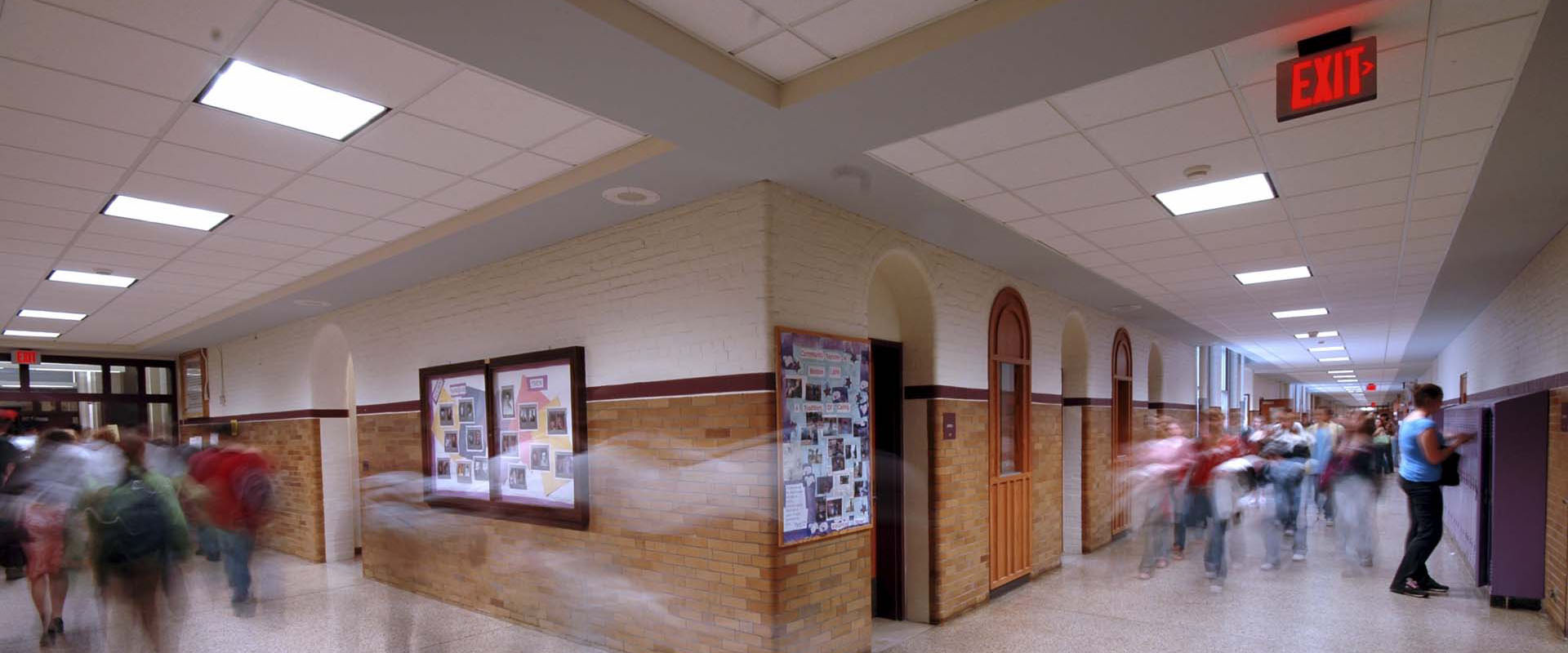New Law Limits School District Collection of Debts from Students and Penalties for Debts

December 2018
Number 85
The California Legislature recently passed Assembly Bill (AB) 1974, which places new prohibitions and restrictions on the collection of debt owed by parents to public schools, including state special schools and charter schools, and school districts, including county offices of education (all referred to herein as school districts). The new law prohibits the practice of punishing students for the failure of their parents to pay debt owed to the school district, adds additional requirements for the collection of student debt, prohibits the sale of such debt, and allows school districts to offer alternative, nonmonetary forms of payment to settle the debt. Importantly, the new law will not impact existing law regarding the imposition of charges for willfully damaged school property or failing to return loaned school property, or the consequences of not paying those charges.
Background
Parents are responsible for the fees and debts incurred by their minor child. School districts can no longer take negative actions against students for their parents' failure to pay debt. While parents may still be held accountable for the failure to pay permissible student fees (such as fees for transportation to and from school), the student cannot. Schools districts are now barred from imposing the following consequences as a result of the unpaid debt:
Significantly, the new restrictions do not apply to "debt owed as a result of vandalism or to cover the replacement cost of public school or school district books, supplies, or property loaned to a pupil that the pupil fails to return or that are willfully cut, defaced, or otherwise injured." This exception relates directly to Education Code section 48904, which permits the imposition of charges under such circumstances, and so long as adequate due process is provided to the student, authorizes the withholding of grades, diploma, and transcripts of a student where the charge has not been paid. The above exception does not apply to a student who is a current or former homeless youth, or current or former foster youth. As such, school districts must ensure against imposition of consequences against these categories of students, even where the debt is imposed for school property which is not returned or willfully damaged.
AB 1974 imposes the following requirements when collecting the debt from parents owed to the school district:
In addition, the school district may offer the student or former student, with the permission of the parent or guardian, alternative, nonmonetary forms of compensation to settle the debt. This alternative must be voluntary and conform to all Labor Code provisions. Further, a school district is prohibited from selling the debt owed by a parent or guardian. Finally, the school district may still contract with a debt collection agency to collect the debt, but the debt collection agency cannot report the debt to a credit agency.
Takeaways
When AB 1974 goes into effect on January 1, 2019, public schools, including state special schools and charter schools, school districts, and county offices of education, will not be able to take negative actions against a student, or former student, for debts owed by the student's parent or guardian-with the exception of debt imposed as a result of vandalism or for failure to return school property, which is itself limited relative to current or former homeless youth, or current or former foster youth. As school districts and county offices of education look forward to 2019, a review of existing debt-collection practices is recommended, which may lead to the need to modify, establish or eliminate existing policies and practices to ensure compliance with this new law.
For more information about AB 1974 or about school fees in general, please contact the authors of this Client News Brief or an attorney at one of our eight offices located statewide. You can also visit our website, follow us on Facebook or Twitter or download our Client News Brief App.
Number 85
The California Legislature recently passed Assembly Bill (AB) 1974, which places new prohibitions and restrictions on the collection of debt owed by parents to public schools, including state special schools and charter schools, and school districts, including county offices of education (all referred to herein as school districts). The new law prohibits the practice of punishing students for the failure of their parents to pay debt owed to the school district, adds additional requirements for the collection of student debt, prohibits the sale of such debt, and allows school districts to offer alternative, nonmonetary forms of payment to settle the debt. Importantly, the new law will not impact existing law regarding the imposition of charges for willfully damaged school property or failing to return loaned school property, or the consequences of not paying those charges.
Background
Parents are responsible for the fees and debts incurred by their minor child. School districts can no longer take negative actions against students for their parents' failure to pay debt. While parents may still be held accountable for the failure to pay permissible student fees (such as fees for transportation to and from school), the student cannot. Schools districts are now barred from imposing the following consequences as a result of the unpaid debt:
- Denying full credit for any assignments for a class;
- Denying full and equal participation in classroom activity;
- Denying access to on-campus educational facilities, including, but not limited to, the library;
- Denying or withholding grades, transcripts, or a diploma;
- Limiting/barring participation in an extracurricular activity, club, or sport; and
- Limiting or excluding from participation in an educational activity, field trip, or school ceremony.
Significantly, the new restrictions do not apply to "debt owed as a result of vandalism or to cover the replacement cost of public school or school district books, supplies, or property loaned to a pupil that the pupil fails to return or that are willfully cut, defaced, or otherwise injured." This exception relates directly to Education Code section 48904, which permits the imposition of charges under such circumstances, and so long as adequate due process is provided to the student, authorizes the withholding of grades, diploma, and transcripts of a student where the charge has not been paid. The above exception does not apply to a student who is a current or former homeless youth, or current or former foster youth. As such, school districts must ensure against imposition of consequences against these categories of students, even where the debt is imposed for school property which is not returned or willfully damaged.
AB 1974 imposes the following requirements when collecting the debt from parents owed to the school district:
- Provide an itemized invoice for any amount owed by the parent or guardian before pursuing payment of the debt;
- Provide a receipt to the parent or guardian or former student for each payment made to the school or district for any amount owed by the parent or guardian on behalf of the student or former student; and
- The invoice must include references to school policies relating to debt collection and the rights established under Education Code sections 49014 and 49557.5.
In addition, the school district may offer the student or former student, with the permission of the parent or guardian, alternative, nonmonetary forms of compensation to settle the debt. This alternative must be voluntary and conform to all Labor Code provisions. Further, a school district is prohibited from selling the debt owed by a parent or guardian. Finally, the school district may still contract with a debt collection agency to collect the debt, but the debt collection agency cannot report the debt to a credit agency.
Takeaways
When AB 1974 goes into effect on January 1, 2019, public schools, including state special schools and charter schools, school districts, and county offices of education, will not be able to take negative actions against a student, or former student, for debts owed by the student's parent or guardian-with the exception of debt imposed as a result of vandalism or for failure to return school property, which is itself limited relative to current or former homeless youth, or current or former foster youth. As school districts and county offices of education look forward to 2019, a review of existing debt-collection practices is recommended, which may lead to the need to modify, establish or eliminate existing policies and practices to ensure compliance with this new law.
For more information about AB 1974 or about school fees in general, please contact the authors of this Client News Brief or an attorney at one of our eight offices located statewide. You can also visit our website, follow us on Facebook or Twitter or download our Client News Brief App.
As the information contained herein is necessarily general, its application to a particular set of facts and circumstances may vary. For this reason, this News Brief does not constitute legal advice. We recommend that you consult with your counsel prior to acting on the information contained herein.






